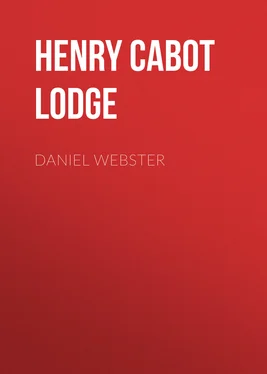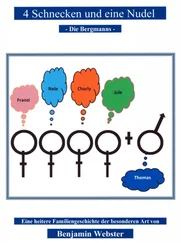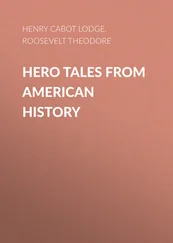The legal part of the argument was printed in Farrar's report and also in Wheaton's, after it had been carefully revised by Mr. Webster with the arguments of his colleagues before him. This legal and constitutional discussion shows plainly enough Mr. Webster's easy and firm grasp of facts and principles, and his power of strong, effective, and lucid statement; but it is in its very nature dry, cold, and lawyer-like. It gives no conception of the glowing vehemence of the delivery, or of those omitted portions of the speech which dealt with matters outside the domain of law, and which were introduced by Mr. Webster with such telling and important results. He spoke for five hours, but in the printed report his speech occupies only three pages more than that of Mr. Mason in the court below. Both were slow speakers, and thus there is a great difference in time to be accounted for, even after making every allowance for the peroration which we have from another source, and for the wealth of legal and historical illustration with which Mr. Webster amplified his presentation of the question. "Something was left out," Mr. Webster says, and that something which must have occupied in its delivery nearly an hour was the most conspicuous example of the generalship by which Mr. Webster achieved victory, and which was wholly apart from his law. This art of management had already been displayed in the treatment of the cases made up for the Circuit Courts, and in the elaborate and irrelevant legal discussion which Mr. Webster introduced before the Supreme Court. But this management now entered on a much higher stage, where it was destined to win victory, and exhibited in a high degree tact and knowledge of men. Mr. Webster was fully aware that he could rely, in any aspect of the case, upon the sympathy of Marshall and Washington. He was equally certain of the unyielding opposition of Duvall and Todd; the other three judges, Johnson, Livingston, and Story, were known to be adverse to the college, but were possible converts. The first point was to increase the sympathy of the Chief Justice to an eager and even passionate support. Mr. Webster knew the chord to strike, and he touched it with a master hand. This was the "something left out," of which we know the general drift, and we can easily imagine the effect. In the midst of all the legal and constitutional arguments, relevant and irrelevant, even in the pathetic appeal which he used so well in behalf of his Alma Mater, Mr. Webster boldly and yet skilfully introduced the political view of the case. So delicately did he do it that an attentive listener did not realize that he was straying from the field of "mere reason" into that of political passion. Here no man could equal him or help him, for here his eloquence had full scope, and on this he relied to arouse Marshall, whom he thoroughly understood. In occasional sentences he pictured his beloved college under the wise rule of Federalists and of the Church. He depicted the party assault that was made upon her. He showed the citadel of learning threatened with unholy invasion and falling helplessly into the hands of Jacobins and freethinkers. As the tide of his resistless and solemn eloquence, mingled with his masterly argument, flowed on, we can imagine how the great Chief Justice roused like an old war-horse at the sound of the trumpet. The words of the speaker carried him back to the early years of the century, when, in the full flush of manhood, at the head of his court, the last stronghold of Federalism, the last bulwark of sound government, he had faced the power of the triumphant Democrats. Once more it was Marshall against Jefferson,—the judge against the President. Then he had preserved the ark of the Constitution. Then he had seen the angry waves of popular feeling breaking vainly at his feet. Now, in his old age, the conflict was revived. Jacobinism was raising its sacrilegious hand against the temples of learning, against the friends of order and good government. The joy of battle must have glowed once more in the old man's breast as he grasped anew his weapons and prepared with all the force of his indomitable will to raise yet another constitutional barrier across the path of his ancient enemies.
Конец ознакомительного фрагмента.
Текст предоставлен ООО «ЛитРес».
Прочитайте эту книгу целиком, на ЛитРес.
Безопасно оплатить книгу можно банковской картой Visa, MasterCard, Maestro, со счета мобильного телефона, с платежного терминала, в салоне МТС или Связной, через PayPal, WebMoney, Яндекс.Деньги, QIWI Кошелек, бонусными картами или другим удобным Вам способом.
Mr. Mason, as is well known, was six feet seven inches in height, and his language, always very forcible and direct, was, when he was irritated, if we may trust tradition, at times somewhat profane.












